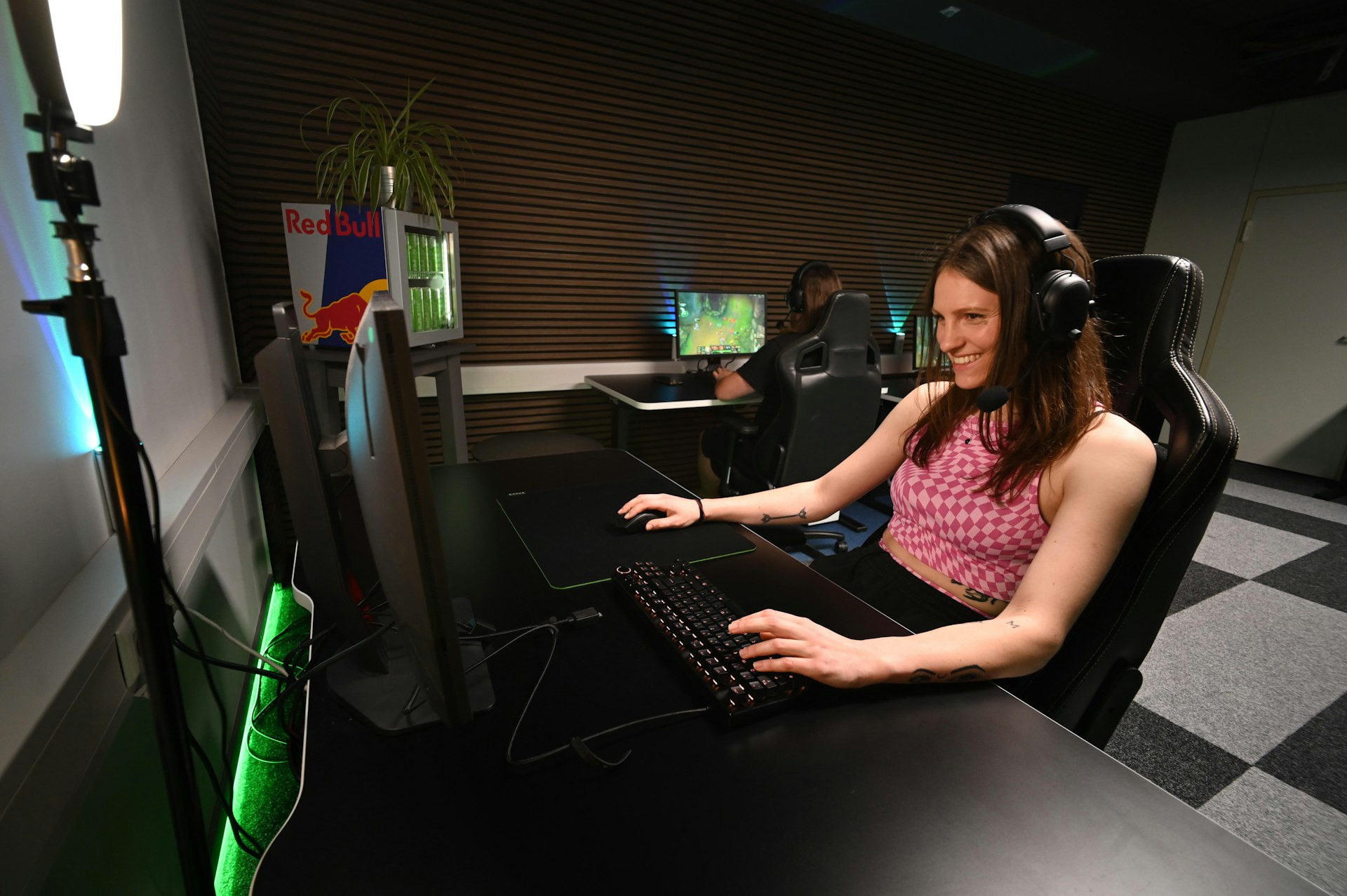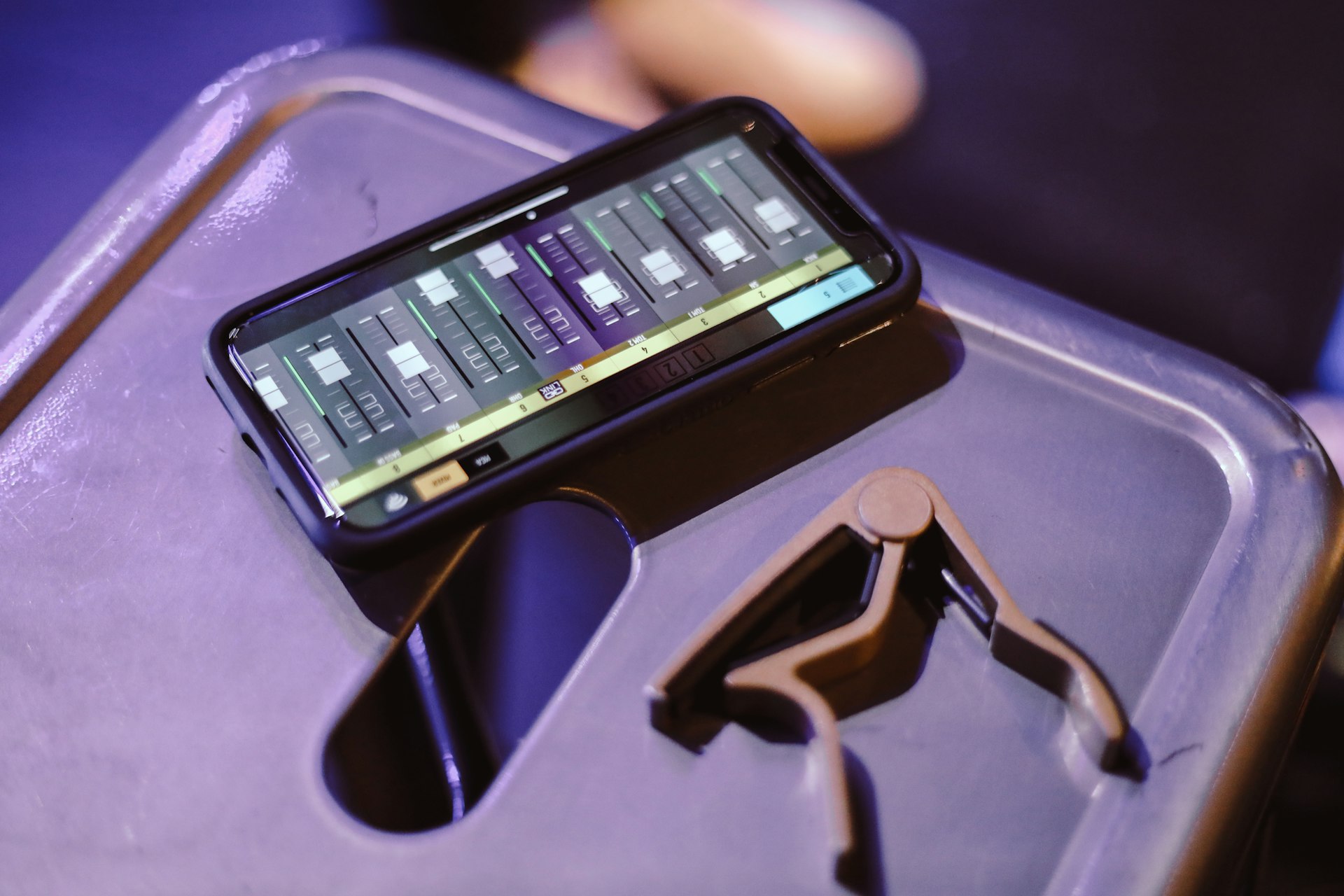Choosing Between Gaming Laptops and Desktop PCs: A Detailed Guide to Making the Right Gaming Investment

Photo by Jakub Żerdzicki on Unsplash
Introduction
With the ever-evolving landscape of gaming hardware, the debate between gaming laptops and desktop PCs is more relevant than ever. Both platforms offer unique advantages, and your final decision can greatly impact your gaming experience, productivity, and long-term satisfaction. This guide examines crucial factors-including performance, portability, upgradeability, pricing, and use cases-so you can make a fully informed choice. Throughout, you’ll find actionable advice and real-world examples to help you access the best resources and make your investment count.
Performance: Desktop Dominance vs. Laptop Agility
When it comes to raw power, desktop PCs traditionally lead the pack . Their larger form factor allows for better cooling and more robust components, translating to higher frame rates and faster load times in the latest games. Even when equipped with identical GPU and CPU models, desktops often outperform laptops due to superior power delivery and thermal management. For instance, benchmarks with high-end RTX 5090 cards show desktop PCs achieving up to double the frame rates of comparable laptops at 4K resolution, particularly in demanding games [2] .
However, gaming laptops have narrowed the gap in recent years. High-end models now feature advanced mobile processors and GPUs that deliver impressive results in 1080p and even 1440p gaming. While you might see a 5-15% performance decrease compared to similar-priced desktops, most modern laptops handle the latest titles smoothly-though at ultra-high resolutions, desktops still excel [3] .
How to Compare: For the most accurate understanding, check independent GPU benchmarks on reputable tech review sites or video comparisons on YouTube. Search “gaming laptop vs desktop benchmarks [current year]” for the latest data.
Portability: The Freedom of Laptops vs. the Stability of Desktops
Portability is the defining advantage of gaming laptops . If you travel often, need to switch locations, or want a device that doubles for work and play, a laptop is the obvious choice. Modern gaming laptops are lighter, slimmer, and come with long-lasting batteries and fast-charging capabilities [4] .
Desktops, on the other hand, are stationary by nature. Even compact mini-PCs require an external monitor, keyboard, mouse, and power source. While some mini-PCs offer modest portability, desktops are best suited for permanent setups where space is not a constraint.
Actionable Guidance: If portability matters, consider gaming laptops from established brands. If you value a fixed, ergonomic gaming environment and don’t need to move your setup, a desktop offers more power for your budget.
Upgradeability and Longevity
Desktops are far more upgradeable than laptops . You can swap out graphics cards, add memory, or upgrade storage with relative ease. This flexibility means your desktop can adapt to new games and technologies for years, provided you keep up with platform changes (e.g., new CPU socket releases) [1] .
Gaming laptops, while sometimes allowing RAM and storage upgrades, are largely fixed. The CPU and GPU are usually soldered onto the motherboard, making significant hardware upgrades nearly impossible. This limits the lifespan of most laptops for high-end gaming.
Step-by-Step:
- For desktops: Research compatible parts before upgrading. Use component compatibility checkers provided by major retailers or manufacturer websites.
- For laptops: Focus on models with accessible RAM and storage bays if minor upgrades are important to you.
Cost and Value Considerations
Desktops offer better value for performance . For the same price, desktops deliver more power, better cooling, and a longer useful life. Gaming laptops generally cost more for equivalent specs, mainly due to miniaturization and manufacturing complexity [1] .
However, the total cost of ownership for desktops can rise when factoring in peripherals (monitor, keyboard, mouse) and potential upgrades. Laptops are all-in-one solutions, offering screen, keyboard, and trackpad in a portable package.
Practical Example: A $2,000 desktop will usually outperform a $2,000 gaming laptop. But if you need a single device for gaming, work, and mobility, the higher initial laptop price may be justified.
Practical Use Cases: Which System Fits Your Lifestyle?
Consider your unique needs:
- If you game in one location, require maximum performance, and want to upgrade over time, choose a desktop PC.
- If you travel, attend LAN parties, or need a multipurpose machine, a gaming laptop is likely your best option.
- For those who desire both, consider a desktop at home and a mid-range laptop for travel, using cloud saves or portable drives to sync your games and progress.
For students or professionals, gaming laptops can serve double duty for productivity and entertainment, reducing the need for multiple devices [4] .
Potential Challenges and Solutions
Heat and Noise: Laptops run hotter and may throttle performance during extended gaming sessions. Using a cooling pad and keeping vents clear can mitigate this. Desktops with custom cooling are quieter and more efficient, but require regular maintenance.
Repairs and Warranty: Desktop parts are easier and cheaper to replace. Laptops may require specialized repair services, and warranty coverage varies by manufacturer. Always check warranty terms and consider extended plans for laptops.
Longevity of Investment: Desktops can be kept current through incremental upgrades. Laptops may require full replacement after a few years to keep up with demanding games.
How to Access the Best Gaming Hardware
For desktops , explore major electronics retailers or the official websites of PC manufacturers. Many allow you to customize builds or choose pre-configured systems. Use verified comparison sites and check user reviews to ensure value.
For gaming laptops , visit manufacturer websites (such as ASUS ROG, Alienware, or Lenovo Legion) or major retailers with established reputations. Always compare specifications and check for reviews from independent sources for real-world performance data.
If you’re unsure about a specific model or need personalized advice, visit local electronics stores for hands-on testing or consult forums and communities such as Reddit’s r/GamingLaptops or r/buildapc.

Photo by Freebird 10c on Unsplash
For warranties and service plans, always use the official manufacturer or authorized reseller. Never rely on third-party sites without verifying their legitimacy.
Alternative Approaches
If neither solution fits perfectly, consider cloud gaming services. These platforms allow you to play demanding games on modest hardware by streaming from powerful remote servers. Examples include NVIDIA GeForce NOW and Xbox Cloud Gaming-both accessible via their official websites. Performance depends on your internet connection, so test your speed beforehand. Always access these services through their respective official sites, which can be found by searching for “NVIDIA GeForce NOW” or “Xbox Cloud Gaming” on your preferred search engine.
Summary and Key Takeaways
Choosing between a gaming laptop and a desktop PC depends on your priorities and lifestyle . If you value maximum performance, upgradeability, and cost-effectiveness, a desktop PC is the clear winner. If you prioritize portability, convenience, and all-in-one design, a gaming laptop is the better choice. Evaluate your needs, research current models, and always purchase through official channels to ensure product authenticity and robust warranty coverage.
References
- [1] CyberPowerPC UK (2025). Gaming PC or Gaming Laptop – Which Is Best for gamers in 2025?
- [2] YouTube – Jarrod’sTech (2025). RTX 5090 Laptop vs Desktop – It’s not even close…
- [3] YouTube – Tech Test (2025). Laptop vs Desktop | Which one you should buy in 2025?
- [4] ASUS ROG (2025). Gaming laptop vs desktop: Which kind of gaming PC is right for you?
MORE FROM gowithdeal.com













